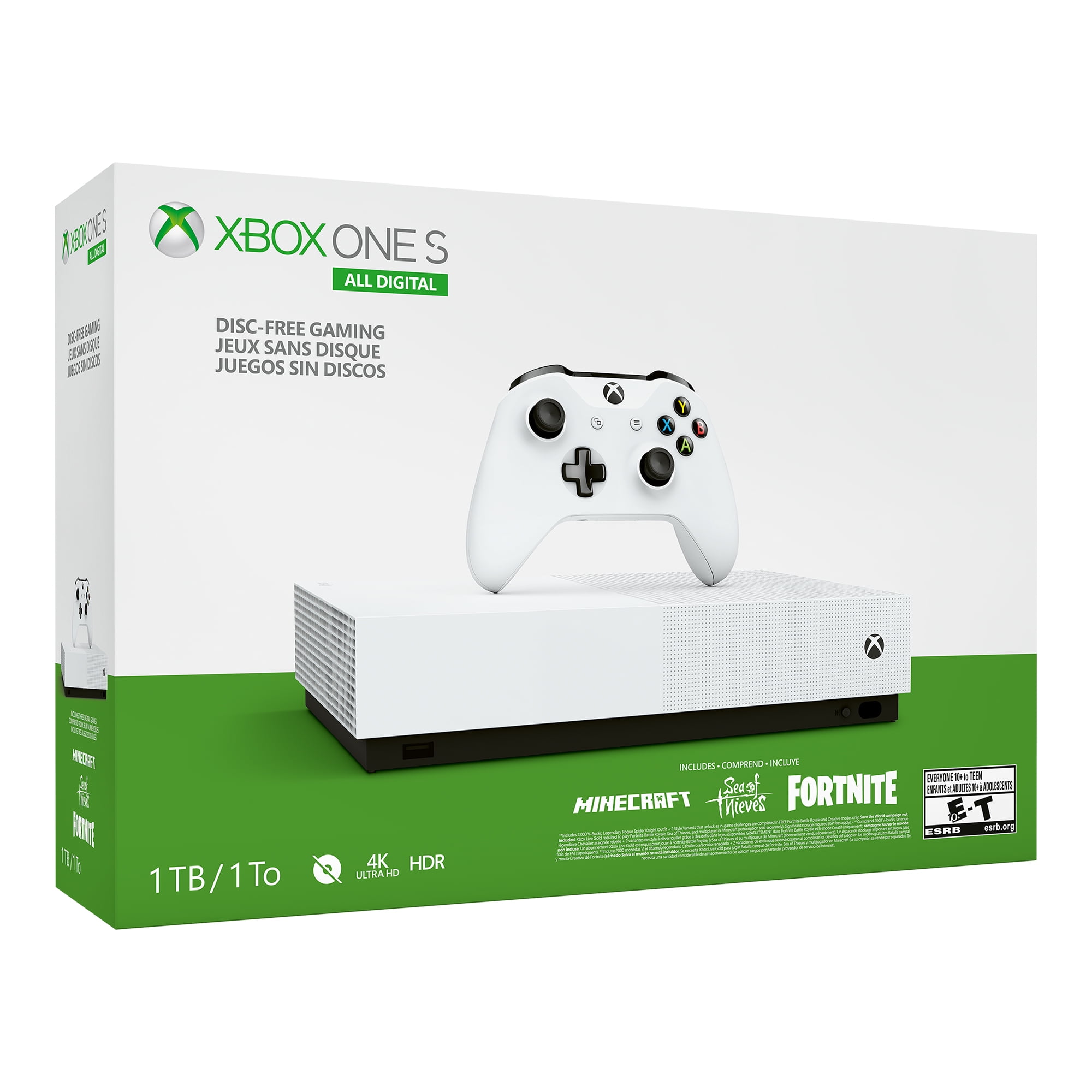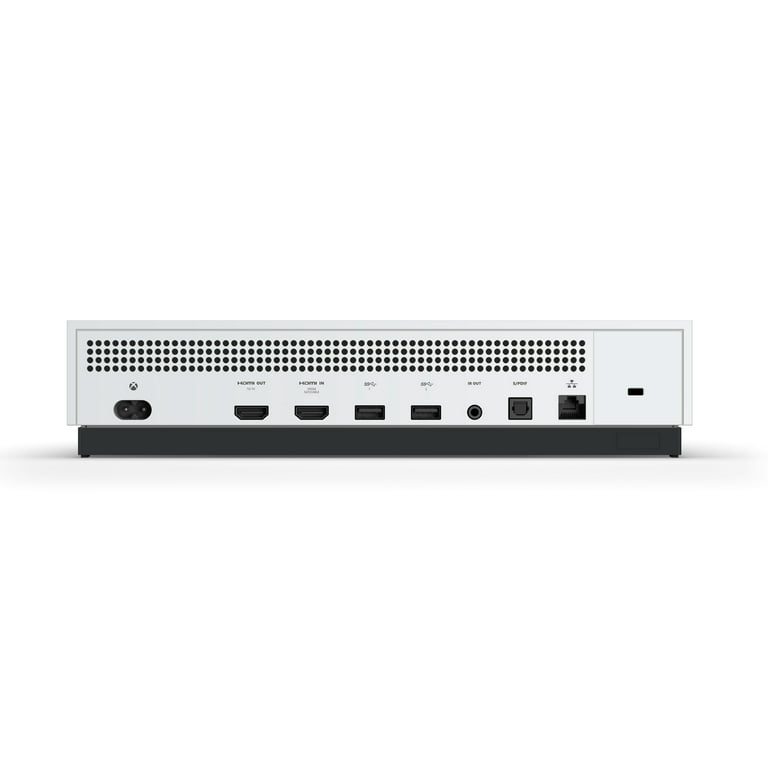
Microsoft Xbox One S 1TB All Digital Edition 3 Game Bundle (Disc-free Gaming), White, NJP-00050 - Walmart.com

Microsoft Xbox One S 1TB All Digital Edition 3 Game Bundle (Disc-free Gaming), White, NJP-00050 - Walmart.com

Xbox One Sports Bundle (3 Items): Xbox One S 500GB Console Starter Bundle, NFL 17, and FIFA 17 Games - Walmart.com





![Amazon.com: Xbox One S 1TB Console [Previous Generation] : Video Games Amazon.com: Xbox One S 1TB Console [Previous Generation] : Video Games](https://m.media-amazon.com/images/I/81IyeqUCJYL._AC_UF350,350_QL80_.jpg)










![Surge XBOX SERIES X/S Starter Pack [ 12-Piece Controller Accessory Kit ] NEW | eBay Surge XBOX SERIES X/S Starter Pack [ 12-Piece Controller Accessory Kit ] NEW | eBay](https://i.ebayimg.com/images/g/V6QAAOSwvFhhF2q0/s-l1200.jpg)



